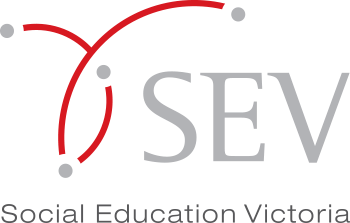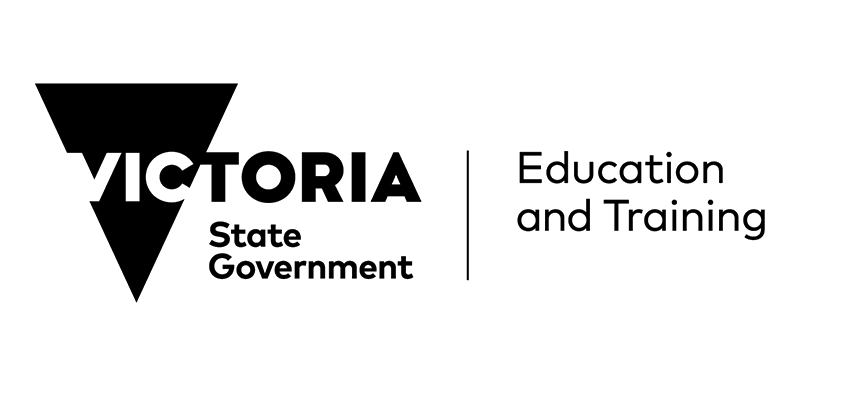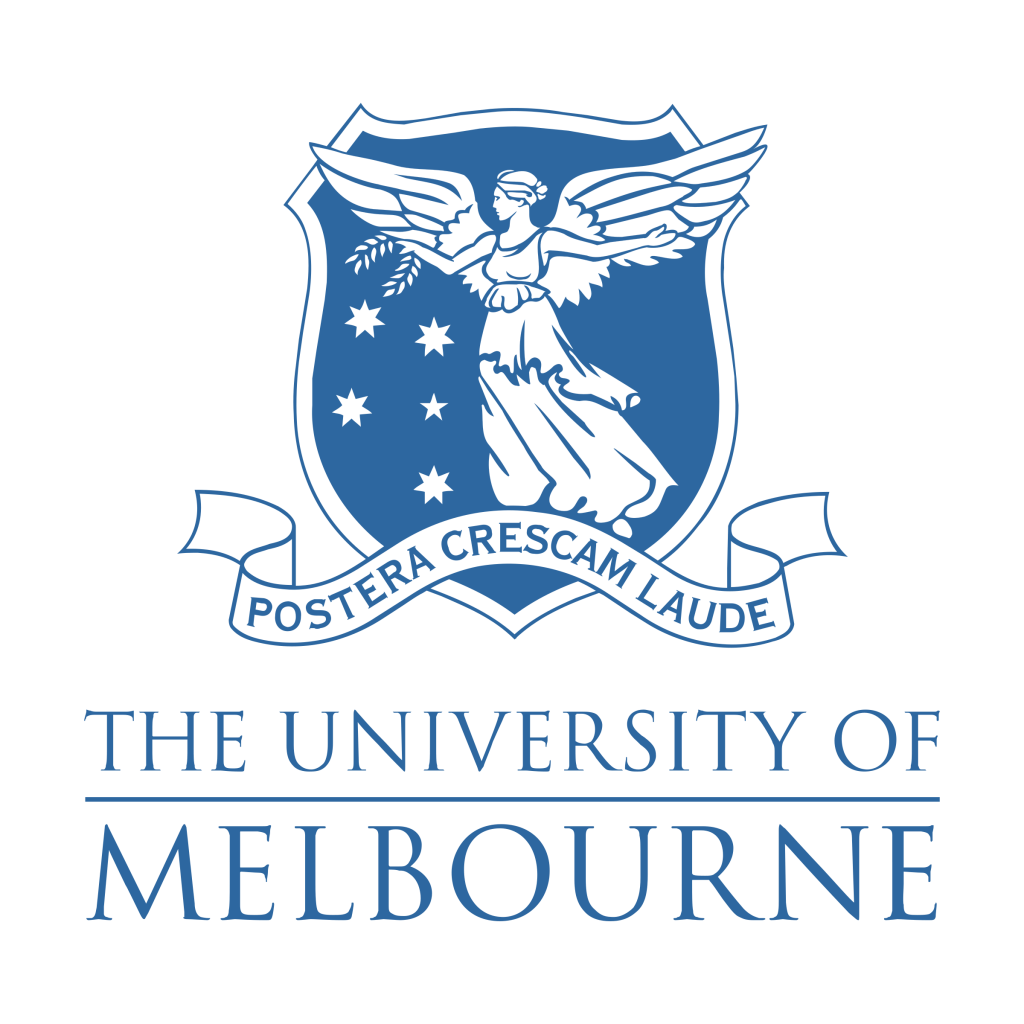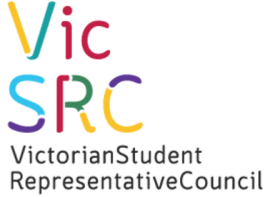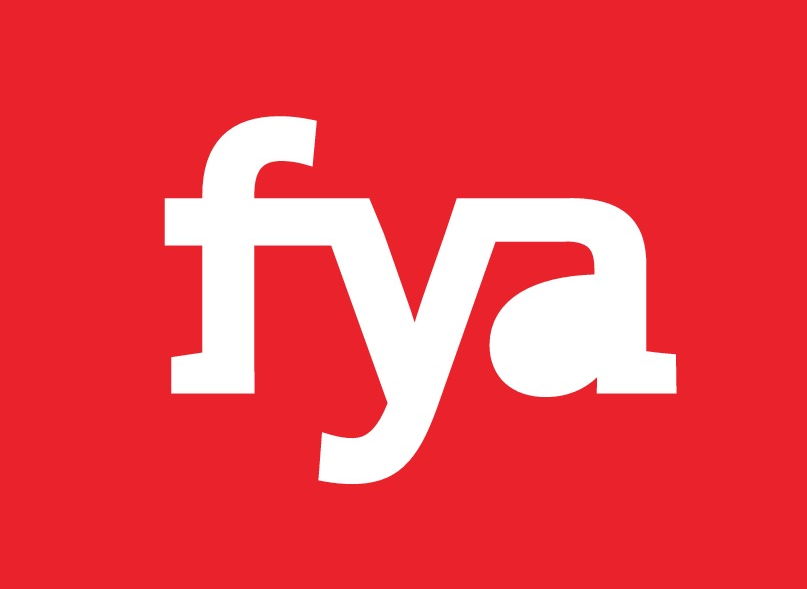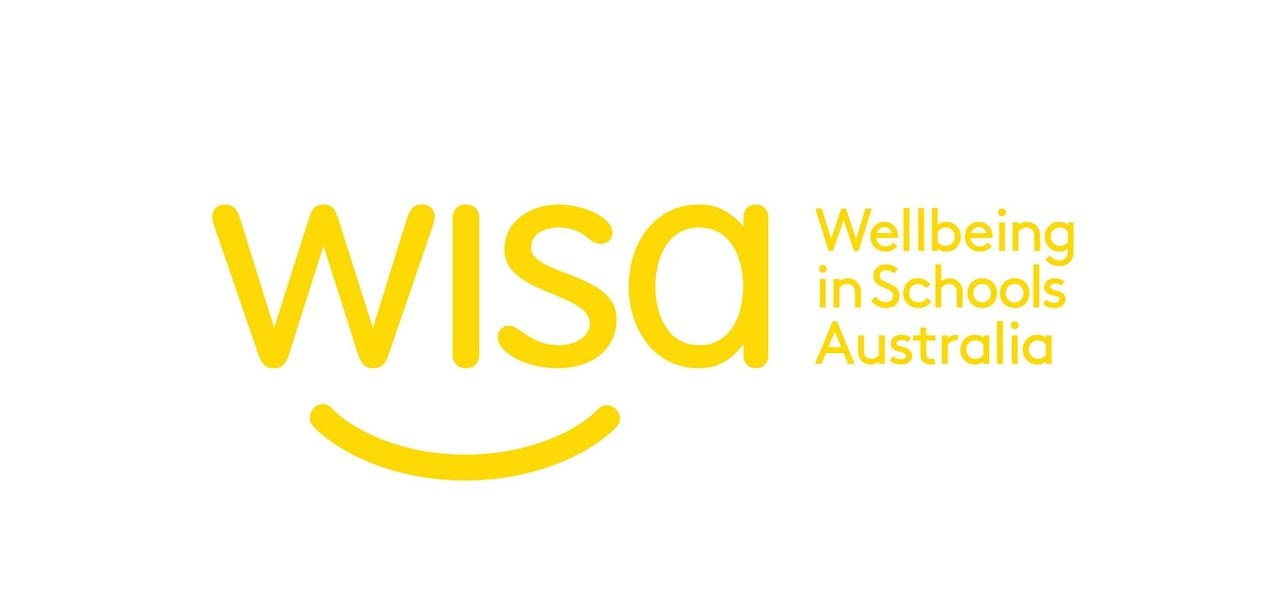This important conference brought together different stakeholders – people who are active locally, regionally, nationally and internationally in the areas of student voice, agency, participation, partnerships and leadership.It enabled participants to discuss current directions and issues in student voice, agency, participation, partnerships and leadership, particularly around areas of:
- The purposes and practices of education and learning, including curriculum and pedagogy
- Student agency in learning, including flexible learning
- School and education governance
Conference Organisational Details were:
Opening Night
Monday 9 December from 4:30pm to 7:45pm
Full Conference
Tuesday and Wednesday 10 -11 December from 8:45am to 5:00pm
Location
Arts West Building
Professor Walk, University of Melbourne
Parkville, VIC, 3052
This was a conference for:
Students who are taking leadership roles at local, regional, national or international levels to further the role of students in learning and school decision-making;
Researchers & Academics in the areas of student voice, agency, participation, leadership and student-adult partnerships;
Teachers & Practitioners working to elevate student voice, agency, leadership, participation and partnerships in learning and school improvement initiatives;
Leaders & Policy Makers committed to integrating student voice, agency, participation and partnerships into school decision-making and teacher education;
Organisations & Advocates with a mission to amplify student voice, agency, participation and student-adult partnerships in education redesign.
Conference Schedule
Conference Opening Evening
Acknowledgement of Country
Formal Opening: Mr Tim Richardson MLA, Parliamentary Secretary for Schools
Panel Introduction: Roger HoldsworthPanel Discussion: ‘The challenges that face us’
The voices of a researcher, teacher, students, support organisation, and policy-maker:
Dr Jenna Gillett-Swan, QUT, Qld
Mr Scott Duncan, Assistant Principal, Lalor East Primary School, Vic
Ms Kaden Litzinger, Delta High School, Pennsylvania, USA
Mr Demitri Kaminis, Mount Waverley Secondary College, Vic
Ms Nina Laitala, Executive Officer, VicSRC, Vic
Dr David Howes, Deputy Secretary, Department of Education and Training, Vic
Opportunities for Networking
Keynote address: Professor Dana Mitra: ‘Why student voices, agency and partnerships matter: their impact on classrooms, schools and policy.’
Day 1: Where Are We Now?
Plenary: Structure of the Conference and Objectives of Day 1
Role groups (students, teachers, researchers, policy, supporters): What is happening in our area?
Featured Presentation 1:• Hayley Dureau and students from Mount Waverley Secondary College:‘Student voice in the secondary school context’
Presentation Sessions 1:
A: Curriculum negotiation 1: How do students and teachers co-plan curriculum?• Nadine Crane: ‘Negotiating the curriculum with Grade 5/6 students’• Rebecca and David Wells: ‘Student voice in learning design’
B: Feedback and teacher change: How do schools use student feedback to create change?• Bradley Taylor: ‘Student voice in an ethnically diverse school community’• Maria Dacre: ‘Teachers’ responses to student voice in school contexts’
C: Well-being and Civics and Citizenship Education: How do systems support student input?• Kevin Perry: ‘Student perspectives on learning, a sense of belonging and classroom well-being’• Darcy Moore: ‘Nurturing democracy’
D: Inclusion and Re-engagement: How do students’ voices enable re-engagement?• Martina Bateson and Marilyn Casley: ‘Using narrative inquiry to give voice to young people in flexible and inclusive education’• Fiona Longmuir: ‘Leadership to bring students back to learning by enhancing voice and agency’
E: Resource videos: What resources are available to support student voice and agency?• Screening of videos e.g. from Victorian Department of Education and Training, New South Wales Department of Education, and Brisbane Catholic Education
'Un-conference’: emerging topics and dilemmas: informal groups around issues identified by participants:‘
Language as a Barrier’: Lynn Li Gan
‘Empowerment Versus Duty of Care’: Nina Laitala
‘Teacher Agency, Student Agency’: Adam Brodie-Mckenzie
‘Curriculum that Leads to Student Voice’: Domnall Fleming
‘Students on School Councils’: Antony Monteleone
‘Students with Learning Difficulties’: Jesse Jovellan
Presentation Sessions 2:
A: Curriculum negotiation 2: How do students and teachers co-plan curriculum? Marc Warwick and Amanda Hawkins: ‘Activating agency in all learners: a story of an Inquiry School’• Kerry Smith, Marilyn Casley and Jennifer Cartmel: ‘Talking circles’
B: Voices in Research: How do students’ voices inform research?• Emily Wong: ‘Student voice, shared ownership for learning and school engagement among minority students in Malaysian secondary schools’ • Roseanna Bourke: ‘Children’s conceptions of informal learning in everyday settings’
C: Community Research/Activism: How are students participating as community activists?• Mark Brennan: ‘Youth as researchers and ensuring youth voice: A case study from North Philadelphia’• Libby Tudball: ‘Young people activating their voice and agency through climate strikes: pushing the boundaries of inter-generational justice?’
D: System support: How do systems support student democracy and participation?• James Fiford and Amy Carpenter: ‘Evolving the VEC’s Passport to Democracy program to enhance authentic active citizenship opportunities for young people’• Ellie Jones, Joe Collins, Xavier Healy and Caitlin Britten (CEP): ‘Rural Inspire’
E: Agency: What do we mean by agency? How do we build it?• Benjamin Zonca: ‘How might the conditions of the learning environment promote ‘good’ agency and what happens when it doesn’t?’• Nigel Coutts: ‘Teaching for student agency: Constructing a school culture of student agency’
Featured Presentation 2:• Anne Graham and Catharine Simmons:
‘Improving wellbeing through student participation at school’
Discussion groups
Plenary
Plenary: Objectives of day 2
Featured Presentation 3:• Jeff Jackson, Rebecca French and Abbie, Peter and Tianah: Rosanna Primary JSC Executives: ‘Building agency by defining learning protocols’10:10 AM Discussion groups
Presentation Sessions 3:
A: Avoiding Tokenism (Roundtable): How can we avoid tokenism in classrooms, schools, conferences etc?• Daniel Vo: ‘What are the problems in the current school system, and how can it be improved?’• Mitchell Sprague: ‘Effective representation’• David Mould: ‘How well-intentioned events fail at student voice’
B: Use of Feedback: How can student feedback improve school practices? • Murray Cronin: ‘AMPLIFY: Building practice excellence through student voice’• Ilana Finefter-Rosenbluh: ‘Using feedback surveys in schools: does it even matter?’
C: External Agencies (Roundtable): How can external agencies support student agency in schools?• Amy Forward: ‘The role of Local Government in supporting student voice’• Brigid Little: ‘Student voice and leadership in community resilience and climate adaptation’• Fiona Bowen: ‘Museum of Australian Democracy’
D: Policy Initiatives (Roundtable): How can education systems initiate and support approaches to voice, agency etc?• Doug Sandiford: ‘Catholic Education Melbourne’s framework for wellbeing, eXcel, supports purposeful teaching that will motivate and engage young people as active agents in their learning and wellbeing’ • Stephanie Condon: ‘Amplify and Victoria’s integrated approach to empowering students through voice, agency and leadership’• Gillian Newall and Tracey Cronley: ‘Student voice, participation and leadership – NSW’• Carolyn De Witt-Ryall and Renee Devereaux: ‘Reflections on Engaging Children and Young People’s Participation in an Educational Context’
E: Inclusion: How can schools and systems be inclusive of the voices of students with specific needs?• Jemima Hutton: ‘Young people having a REAL and EQUAL voice in their future’• Nina-rae Smith: ‘Autistic adolescent girls and subjective wellbeing’
‘Un-conference’: emerging topics and dilemmas: informal groups around issues identified by participants:‘
Student feedback surveys’: Hayley Dureau
‘Salads vs climate change’: Jemima Hutton
‘Diversifying the educational workforce’: Katherine Mansfield
‘The phone ban’ and ‘2020 Phone Ban, is it necessary?’: Sienna Gladstone, Daniel Vo and Duc-Tri Bui
‘Critiquing Growth Mindsets’: David Trevorrow
‘How do we maintain morale?’: Demitri Kaminis
‘How to embrace student voice and agency but still get through the VCE study design’: James Daffey
Presentation Sessions 4:
A: Culture and Gender: How can the agency of young women be supported?• Katherine Mansfield and Rachel McNae: ‘The critical role of safe space and student voice for developing girls as leaders and activists’
B: Negotiating Assessment: How can students and teachers negotiate assessment?• Brodie Andersen: ‘Co-designing assessment and student-led classroom observations’• Domnall Fleming: ‘Student voice policy, practice and enactment in Irish schools: there be demons!’
C: Community Action: How can students take part in community action as part of their curriculum?• Lew Zipin and Marie Brennan: ‘Students researching ‘problems that matter’ in and with their communities’ • Simon Taylor: ‘Using local problems to promote student voice and agency’
D: Student-led Networking: How can student-led networks achieve change at state/regional level?• Nina Laitala and others, VicSRC: ‘The opportunities for and challenges of an authentic student-led organisation’
E: Technology (Roundtable): How can technology support students’ voices, agency and partnerships?• Ben Barnett: ‘Using technology to expand possibilities of student voice’• Trang Hoang: ‘Digitally mediated agency of international learners in Australian schools’• Laura Wong and Sarah Seymour: ‘Communication strategy within a digital school context’
Role groups (students, teachers, researchers, policy, supporters): Future directions for our area
Featured Presentation 4:• Eve Mayes, Rosalyn Black and Rachel Finneran: ‘Teach the Teacher: preliminary findings’
Discussion groups: what shall I do?; and evaluation
Final Plenary
Steering Committee
The Steering Committee:
Roger Holdsworth Conference Convenor
Manaia Chou-Lee Program Convenor and Student Advisory Group Co-ordinator
Mitchell Sprague Communications Director
Pablo Armellino
Adam Brodie-McKenzie
Ahelee Raman
Lea Campbell
Nadine Crane
Erin Cruickshank
Hayley Dureau
Wren Gillett
Nina Laitala
Brian Lee
Michael Lim
Dr Eve Mayes
Peta Oates
Olivia Sutherland
Bethany Shegog
Simon Taylor
Libby Tudball
Daniel Vo
This conference was hosted by Social Education Victoria and made possible by our partners.
The Steering Committee consisted of individuals interested and involved in areas of student voice, agency, participation and leadership. Members represented a diverse range of organisations and backgrounds including:
Connect Journal
The University of Melbourne
Victoria University
Deakin University
Monash University
Victorian Student Representative Council (VicSRC)
The Foundation for Young Australians
The University High School
Mount Waverley Secondary College
Overnewton Anglican Community College
Student Advisory Committee
The Student Advisory Group was the conference’s connection to students. The Steering Committee aimed to create a program that truly reflected what those involved wanted to see changed in the education system. The SAG involved young people who are taking leadership roles at local, regional, national or international levels to further the role of students in learning and school decision-making. Some of them were:
Brian Lee
Ahelee Raman
Mitchell Sprague
Daniel Vo



